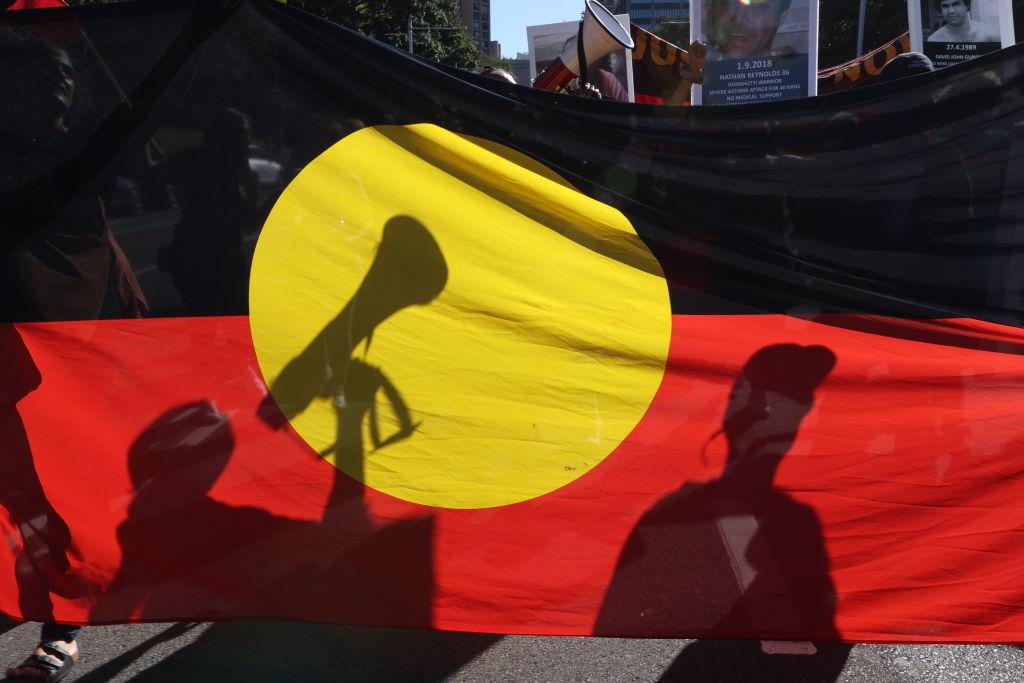Commentary
In 1967, 55 years ago, a referendum was held in Australia to allow a change to the Constitution that would remove the last impediment to the recognition of our Aboriginal people as full citizens.

In 1967, 55 years ago, a referendum was held in Australia to allow a change to the Constitution that would remove the last impediment to the recognition of our Aboriginal people as full citizens.